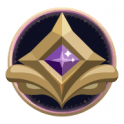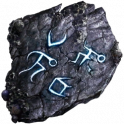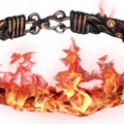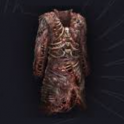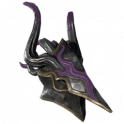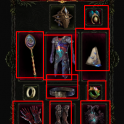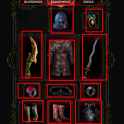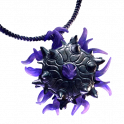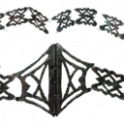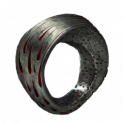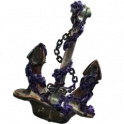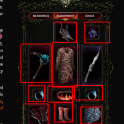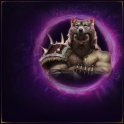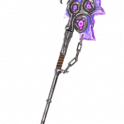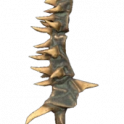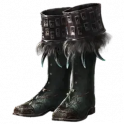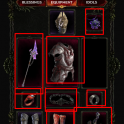Sign in
Sign in with your Odealo account.
Create a new account
Don't have an account yet?
Registration on Odealo is free and takes only about 30 seconds.
A - E
- AION 2 (51)
- ALBION ONLINE (30)
- ARC RAIDERS (1037)
- BLADE BALL (4)
- BORDERLANDS 3 (475)
- BORDERLANDS 4 (17)
- CLASH OF CLANS (2)
- CS2 (13)
- DARK AND DARKER (22)
- DELTA FORCE (8)
- DIABLO 2 RESURRECTED (1450)
- DIABLO 3 (103)
- DIABLO 4 (1208)
- DIABLO IMMORTAL (3)
- DONUT SMP (39)
- DUAL UNIVERSE (1)
- DUNE: AWAKENING (23)
- ELDEN RING (32)
- ELITE: DANGEROUS (47)
- ESCAPE FROM TARKOV (271)
- ESO (39)
E - P
- EVE ECHOES (7)
- EVE ONLINE (87)
- FALLOUT 76 (6410)
- FFXIV (84)
- FORTNITE (34)
- GENSHIN IMPACT (38)
- GROW A GARDEN (0)
- GTA 5 (3)
- GUILD WARS 2 (14)
- HAY DAY (0)
- HYTALE (3)
- LAST EPOCH (52)
- LEAGUE OF LEGENDS (20)
- LOST ARK (6)
- MARVEL RIVALS (2)
- HYPIXEL SKYBLOCK (649)
- MONSTER HUNTER WILDS (12)
- NEVERWINTER (4)
- NEW WORLD (17)
- PATH OF EXILE (826)
- PATH OF EXILE 2 (1982)
P - W
- PET SIMULATOR 99 (5)
- PROJECT DIABLO 2 (35)
- RUNESCAPE (10)
- STAR CITIZEN (11)
- STEAL A BRAINROT (286)
- SWTOR (18)
- TEMTEM (4)
- THRONE AND LIBERTY (38)
- TINY TINA'S WONDERLANDS (189)
- TORCHLIGHT INFINITE (17)
- TROVE (5)
- UNDECEMBER (7)
- VALORANT (28)
- WARFRAME (110)
- WORLD OF TANKS (21)
- WOW CLASSIC (124)
- WOW CLASSIC Hardcore (20)
- WOW CLASSIC SOD (34)
- WOW EU (29)
- WOW US (29)

